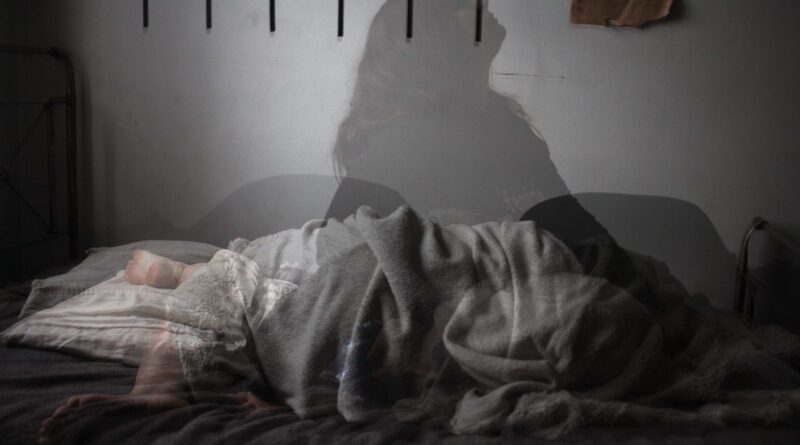Conventional Therapies For Mental Illness
Today, much progress has been made in the use of drugs, which have a strong influence on psychological processes. Various classes of chemical substances used in drug therapy, or pharmacotherapy and in the prevention and investigation of mental illness include:
Tranquillizers are used to quiet highly disturbed patients.
Antidepressants are used in stimulating depressed patients.
Drugs are used as research tools in producing the symptoms of mental illnesses under laboratory conditions.
Many doctors are using tranquillizers to reduce emotional tension and anxiety. In relieving these conditions, more serious mental and emotional disorders may be prevented. Tranquillizers have also proved valuable in relieving many psychosomatic disorders, including neurodermatitis, colon spasms, and ulcers. Tranquillizers are not sedatives, however. They should not be used unless they are prescribed by a doctor for a specific condition. Otherwise, they serve as nothing more than a crutch to relieve tension from a conflict or a problem, which they cannot aid in solving. Unfortunately, many people are relying on tranquillizers to escape environmental situations they should face and solve.
Antidepressants have come into use in recent years in dealing with certain severe depressions. These drugs have a stimulating or mood-elevating effect in relieving a depressed patient. They are also referred to as psychic energizers. In temporarily lifting a patient out of a depressed state, these drugs prepare him for effective psychotherapy or other methods of treatment.
Shock Therapy To Cure Mental Illness
Before tranquillizers and antidepressant drugs were available, an effective treatment for certain mental illnesses, especially certain types of depression, was shock therapy, also called electroconvulsive therapy. This therapy is still useful for the treatment of depression that does not respond to antidepressant drugs.
The shock is produced by controlled electricity. It brings about unconsciousness and convulsions but is painless. It produces temporary confusion or scrambling of the patient’s thought processes. This may bring him out of his depression, but may leave him with amnesia for a time. During this interval, psychotherapy may be more effective.
Shock therapy is most effective in treating depressed patients, as in manic-depressive and involuntary psychosis as well as severe neurotic depression. It is also effective in treating certain types of schizophrenia.
Recreational Therapy
Most mental hospitals carry on an extensive program of recreation, including games, music, and theatrical production. The music program includes both listening and performing in hospital singing groups, bands, and orchestras.
Recreational therapy brings out buried friendliness and cheerfulness. It breaks the monotony of the hospital routine. Social contact often restores pride in personal appearance. It encourages a patient to be a person again. With such a change in attitude, a patient is well on his way along the path from his world of distorted dreams to one of reality.
Occupational Therapy
Work is an important part of rebuilding a damaged mind, while the hands are busy, the mind becomes occupied with controlling them. This gives the mind a vacation from its abnormal thought process. Work also gives the patient a feeling of importance and usefulness again. A skill learned during occupational therapy may give the patient a new start when he returns to society.
Occupational therapy usually centres on handwork of some type. The handwork may be drawing, painting, weaving, needlework, woodworking, modelling, leather craft, metal craft, or even typing. In many hospitals, the program is directed by specialists in the field called occupational therapists.
Milieu Therapy
Milieu therapy is a French word for the environment. The treatment concerns everyone connected with the patient and involves conferences with not only the patient himself but also with the doctors, nurses, therapists, and the key members of the patient’s family. In this treatment, the patient realizes that everyone is trying to help him to help himself. His recovery is speedier and more permanent than if he were merely told what to do and when to do it. Milieu therapy, of course, is not useful in all types of mental illness. However, in many cases, it has proved to be very successful.
Get updates and read additional stories on the Health Orbit Fan Page.
For Guest posts, Sponsored posts and other details, please click ‘Contact Us’ page.




